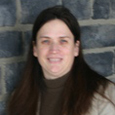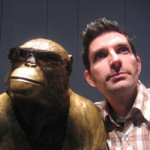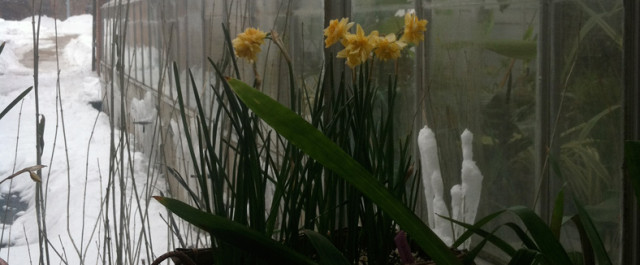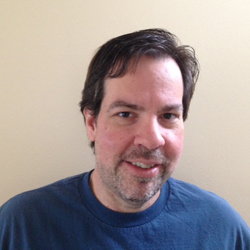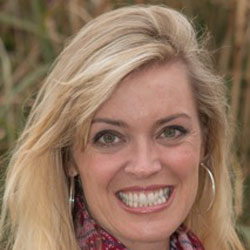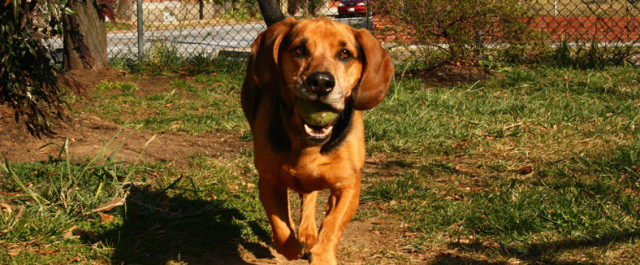Karin Gillespie
I once ran into a Pulitzer Prize-winning novelist in a ladies’ room at a writer’s conference. She slipped into a stall and I could hear her peeing. The whole time I was thinking, “Pulitzer Prize-winning novelists have to pee?”
Obviously they do. They also probably burp and sneeze and maybe even snore but their writing is so impressive sometimes it’s hard to imagine it comes from mere mortals.
In fact, when I was a beginning writer I used to assume that certain authors had a direct pipeline to the writing gods who sent them down a steady supply of flawless prose any time they sat at their computers. I also thought that these gods were exceedingly elitist, and only showered special writers with their gifts. When I put my fingers on the keyboard, I imagined the gods rolling their eyes and saying, “Her again? Toss down a few clichés and some stilted sentences.”
But then one night, many years ago, I was writing a freelance theater review on “Richard III” for my local newspaper; it was a rush job and had to be completed in two hours. I was in panic because I’ve never written anything decent in that period of time, and I was still pretty new to the writing game.
I threw myself into the review and the next day when I read it in the paper, I was afraid it was going to be terrible, but, to my surprise, it was fresh and invigorating. In fact, it was so good I couldn’t believe I’d actually written it.
Artists at all levels of mastery have had similar experiences. I once read that the actor Lawrence Olivier came off the stage after his most brilliant performance of his life. Supposedly he said, “I know it was my best work ever, but I have no idea how I can replicate it.”
I can relate to his bewilderment. How can we repeat those moments in writing when we are just not at our best, but better than our best? How can we more consistently unearth gems and gold doubloons instead of old shoes and rusty nails?
The obvious advice applies: learn your craft, keep butt in chair. But I would also add some additional advice: Get the hell out of your way.
I think the reason my theater review was so good was because I didn’t have time for my usual writing mind games, i.e., the need to impress, the near constant belittling, and the occasional delusions of grandeur. My mind was clear and focused on my purpose, making me an excellent conduit for the writing gods’ gifts.
Of course getting out of your way is easier said than done. For me, meditation helps enormously. Twenty minutes every day I sit and listen to the voices in my head. The more I observe those voices in action, the more I understand how frequently they undermine my creative work. Those voices are like kindergarteners in need of a nap. They always seize onto the first idea because they want to get the writing over with or they’re attracted to derivation because “it made that other kid famous and I want to be famous too.” Or they resist a needed revision because “It’s good enough. I’m so sick of this.”
It seems ludicrous that we would actually listen to these wrongheaded voices, but the truth is, many of us not only listen to them but are ruled by them. Meditation doesn’t completely quiet them, but we are then less likely to give into their wily demands.
Sometimes I’m tempted to yell at these voices, “Quit being such brats!” but I think it’s a better strategy to be kind and patient with them and say, “You kids play nice for a while. I have to work right now.”
Then I sit down and write my head off before the voices get restless. Does this make me write like a Pulitzer Prize-winning novelist? Nope. I still write like Karin Gillespie but sometimes, with the help of the writings gods, I write even better than she does.
 Karin Gillespie is the author of five novels and has MFA in creative writing from Converse. Visit her Karingillespie.net.
Karin Gillespie is the author of five novels and has MFA in creative writing from Converse. Visit her Karingillespie.net.



